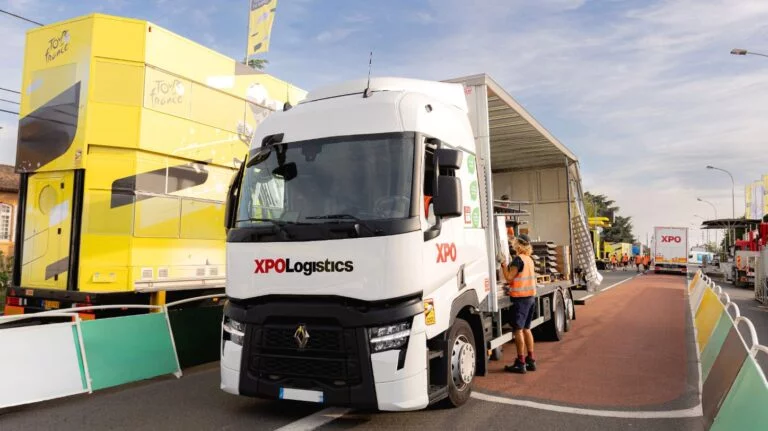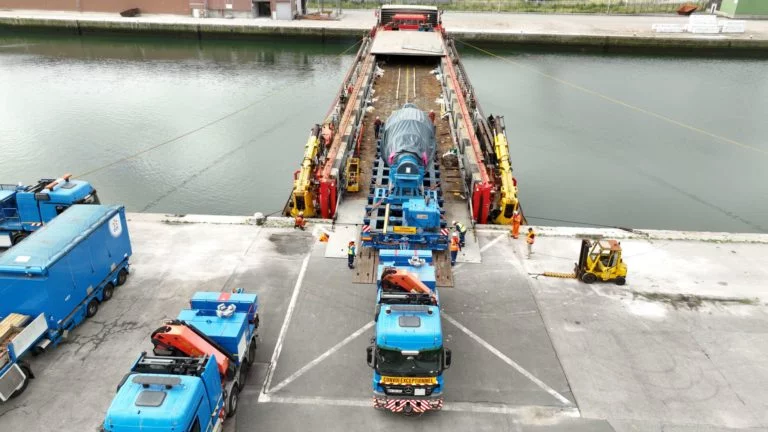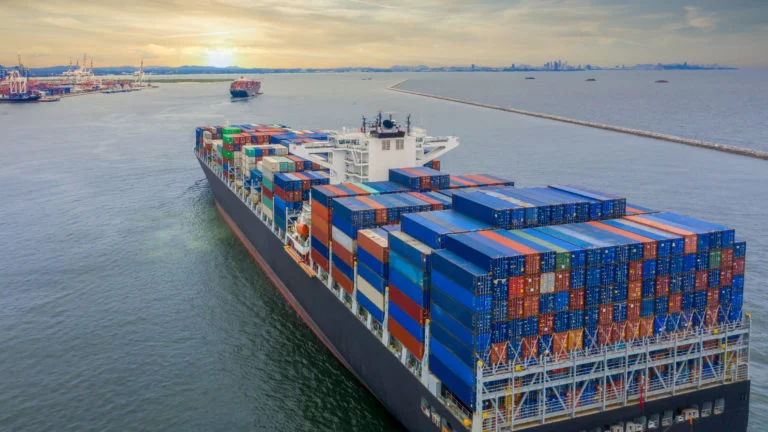XPO Logistics has officially extended its role as Official Transport Partner of both the Tour de France and Tour de France Femmes avec Zwift through 2030, continuing a collaboration that has spanned over four decades. The agreement highlights XPO’s pivotal role in supporting the logistical backbone of the world’s most prestigious cycling events since 1980.
Each year, XPO deploys a specialised team of drivers, logistics coordinators, and a dedicated fleet of vehicles to move and set up key race infrastructure—including barriers, podiums, signage, timing systems, and broadcast equipment. These complex daily operations are managed under tight time constraints and often on challenging terrain, requiring precision planning and real-time adaptability.
Sustainability is a core pillar of the renewed partnership. XPO will expand its use of its proprietary biofuel solution, LESS® HVO, which reduces CO₂ emissions by up to 90% compared to traditional diesel. The logistics provider will also continue operating a Euro 6-compliant fleet and plans to introduce fully electric trucks on select stages in 2025, underscoring both companies’ commitment to more sustainable operations.
The Tour de France and Tour de France Femmes avec Zwift provide a real-world platform for testing and deploying these low-emission technologies. Last year alone, XPO’s use of HVO biofuel helped avoid more than 223 tonnes of CO₂ emissions across the two events.
This renewed partnership also reflects the growing scale and complexity of the Tour de France Femmes avec Zwift, which has seen strong growth since its reintroduction in 2022. XPO’s continued support ensures parity in logistics quality and environmental standards between the men’s and women’s races.
The directors of both organisations praised the renewal as a symbol of mutual trust and a shared ambition to drive excellence, innovation, and sustainability in large-scale event logistics. As the Tour evolves, so too does the opportunity for XPO to demonstrate how the logistics sector can meet the demands of high-performance, low-impact supply chain operations on a global stage.











